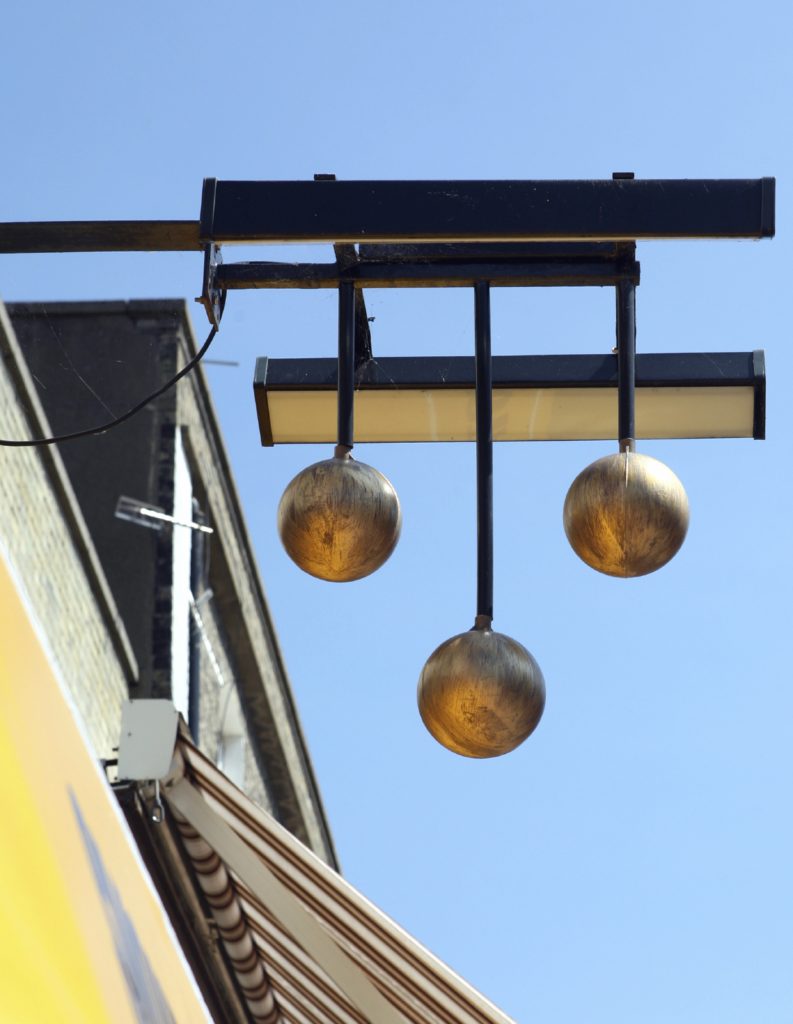The interest rate on a pawn loan varies with each state setting different rules for pawnbrokers. A New York City pawn shop, for example, is allowed by law to charge no more than four percent per month. Some states leave setting the rate up to municipalities so even from state to state the interest rate can vary with rates in some places going as high as 20% or more.
Consumers often don’t take into account the services they are being provided with at a pawn shop. The pawnbroker has to provide storage and security for the item they are taking in as collateral on the loan. They are often dealing in small dollar loans as well, meaning the interest payments are relatively small.
However, few if any competitors offer these types of small dollar loans. Oftentimes the overdraft fees, utility reconnection fees, credit card late fees and other late fees caused by a cash flow emergency will far exceed the interest payment on a small pawn loan. The average pawn loan amount is $150.
